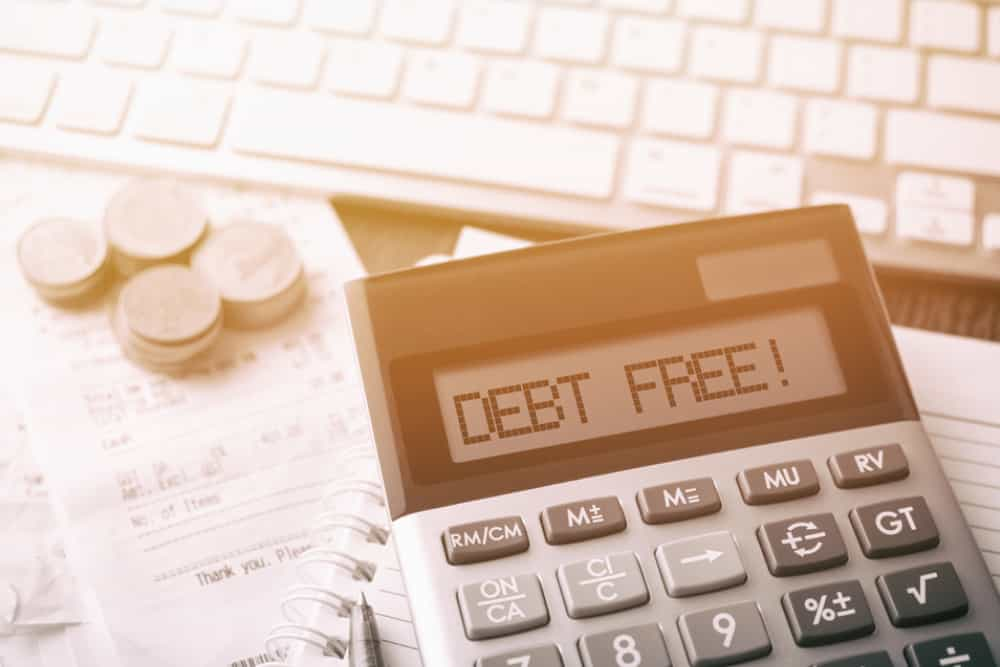5 mistakes to avoid to become debt-free quickly

While debts are often inevitable to fulfill certain essential requirements, being in debt can be rather harrowing, especially when there are multiple debts to repay. Recent statistical data suggests that 77% of households nationwide are in some form of debt. On the bright side, systematically approaching the debt repayment process can help one become debt-free. So, here are some common mistakes to avoid while trying to get out of debt quickly:
Repaying only the minimum amount one owes
While repaying the minimum amount one owes makes sense when one cannot afford to repay more, it is important to start paying out more than this minimum sum eventually to become debt-free. An effective strategy to increase the debt repayment amount is to list all of one’s expenses and cut down on the unnecessary ones. One may then prepare a plan on the amount one can easily afford to repay for every installment.
Not strategizing what debts to pay off first
Having a definite plan on which debts to prioritize can help in gaining more clarity and avoid last-minute hassles before the final repayment date. One effective way to repay debts quickly is the snowball method. It involves paying off the smallest debt first and then moving to the larger ones in a sequential manner. On the other hand, the avalanche method begins with paying off the largest debt and then gradually moving towards the smallest one. It is important to estimate the approximate time required to repay the loans using each method, along with considering the amount of interest that can be saved.
Paying off too many debts simultaneously every month
Auto loans, home loans, credit card debts, and personal loans are some of the multiple debts one may have. However, trying to pay off all of them every month can prove a wrong move, as it can be overwhelming and leave one with less money left for current expenses. Among these debts, some debts require monthly installments, while others can be paid in larger denominations. Hence, monthly payments should be restricted to the ones that need to be paid off each month, while others should be paid off in larger installments based on one’s repayment capacity.
Not setting up emergency funding
Emergency funds typically prove the most useful on a rainy day. This rule applies even when one has to repay debts, as using the money in one’s current account during emergencies can deplete the amount one has in hand to repay existing debts. Thus, it is advisable to devote 5% of one’s monthly income to emergency funds even while trying to repay debts.
Spending too much or not organizing expenditures
Having a set budget for one’s expenditures and shopping with a list are essential practices one should follow, especially while trying to repay debts quickly. It also helps to understand current market rates to instantly gauge what products strike the right balance between quality and price.



